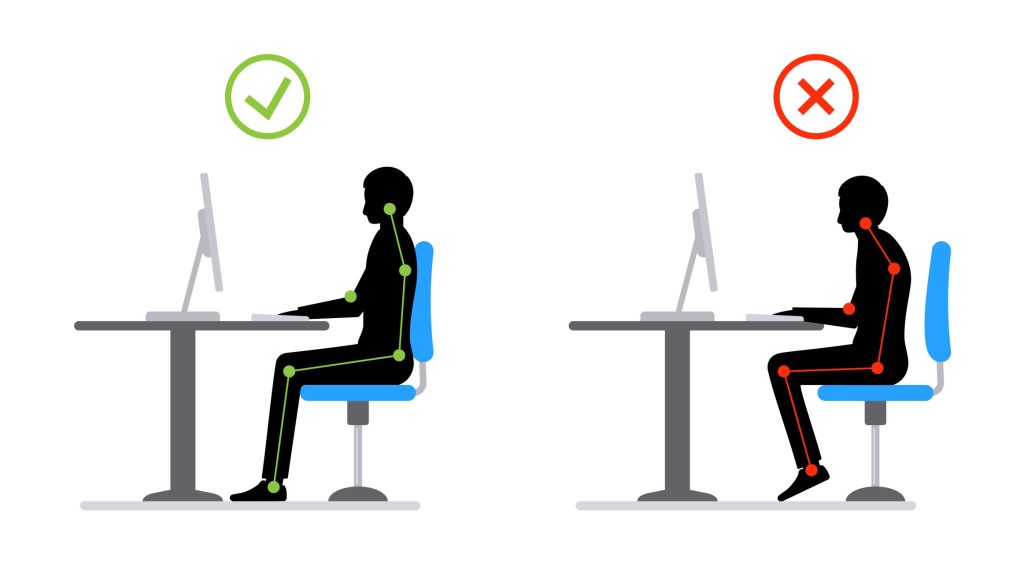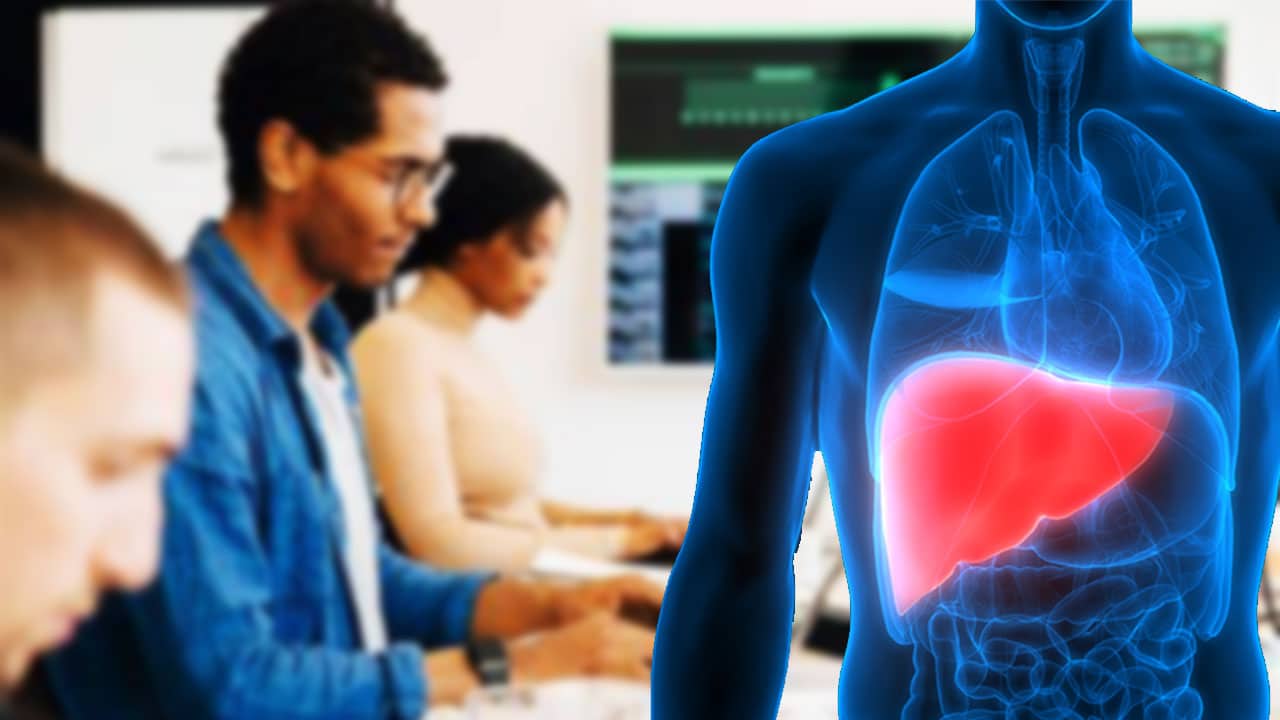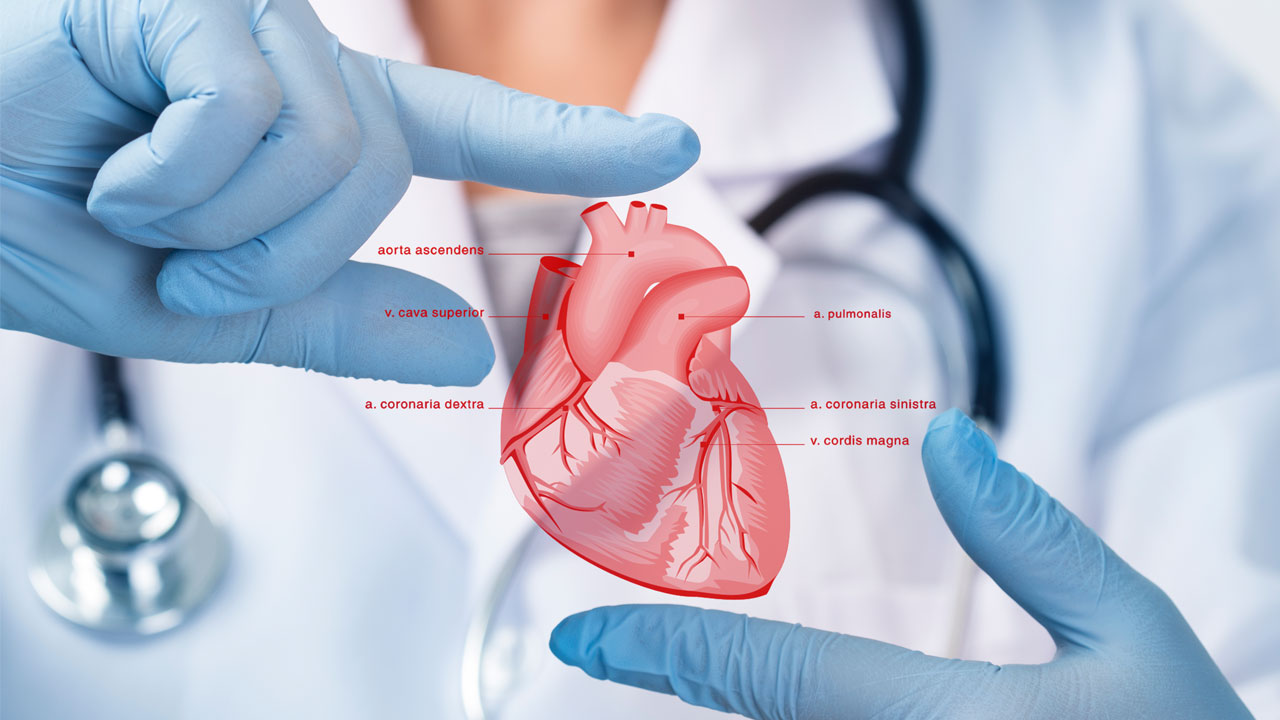A recent study from the University of Hyderabad revealed a shocking statistic: over 80% of IT employees surveyed were found to have Metabolic Dysfunction-Associated Fatty Liver Disease (MAFLD). Formerly known as Non-Alcoholic Fatty Liver Disease (NAFLD), this condition occurs when excess fat builds up in the liver, leading to inflammation and, if left untreated, serious conditions like cirrhosis and even liver cancer. The prevalence of this disease in the IT sector isn’t a coincidence; it’s a direct consequence of a modern, sedentary lifestyle.
The “Why”: The Perfect Storm of Modern Work

The IT professional’s daily routine creates a “perfect storm” for developing fatty liver. Here are the primary culprits:
Sedentary Lifestyle: The very nature of desk jobs means prolonged sitting. A lack of physical activity slows down your metabolism, making it difficult for the body to burn fat, which then gets stored in the liver.
Unhealthy Diet: The convenience of ordering takeout, frequent snacking on processed foods, sugary drinks, and late-night meals contributes to a high-calorie, low-nutrient diet. This combination floods the liver with fat-producing compounds.
Chronic Stress and Irregular Sleep: The high-pressure, deadline-driven culture of the IT industry, often coupled with odd hours and disrupted sleep patterns, raises cortisol levels. This stress hormone can lead to weight gain and fat accumulation, including in the liver.
Alcohol Consumption: While not a cause for everyone, excessive alcohol intake can significantly worsen fatty liver disease.
The “How-To”: Tips for Prevention and Reversal
The good news is that fatty liver disease is often reversible in its early stages with simple, consistent lifestyle changes.
Move More, Sit Less: Make a conscious effort to break up long periods of sitting. Stand up and stretch every 30 minutes. Consider a standing desk. A simple 10-15 minute walk after meals can also significantly help. Aim for at least 150 minutes of moderate-intensity exercise per week, which could be brisk walking, jogging, cycling, or yoga.
Eat Smart, Not Just Fast: Prioritize a diet rich in whole foods such as fruits, vegetables, whole grains, and lean proteins. Cut down on sugary beverages, processed snacks, fast food, and refined carbohydrates. A diet low in saturated fats and high in healthy fats (like those found in avocados and nuts) is crucial. Coffee, in moderation, has also been shown to have protective benefits for the liver.
Hydrate: Drinking plenty of water helps your liver flush out toxins and supports its overall function.
Prioritize Sleep: Make sure you get 7-8 hours of quality sleep. Your liver regenerates and detoxifies while you sleep, so consistent rest is vital.
By making these changes, you can not only prevent and reverse fatty liver but also improve your overall health and well-being.
Ultimately, the rise of fatty liver disease in the IT sector is a wake-up call. It’s a clear signal that even a “successful” career comes with health risks if not managed proactively. Taking charge of your health now is an investment that will pay off for years to come.




